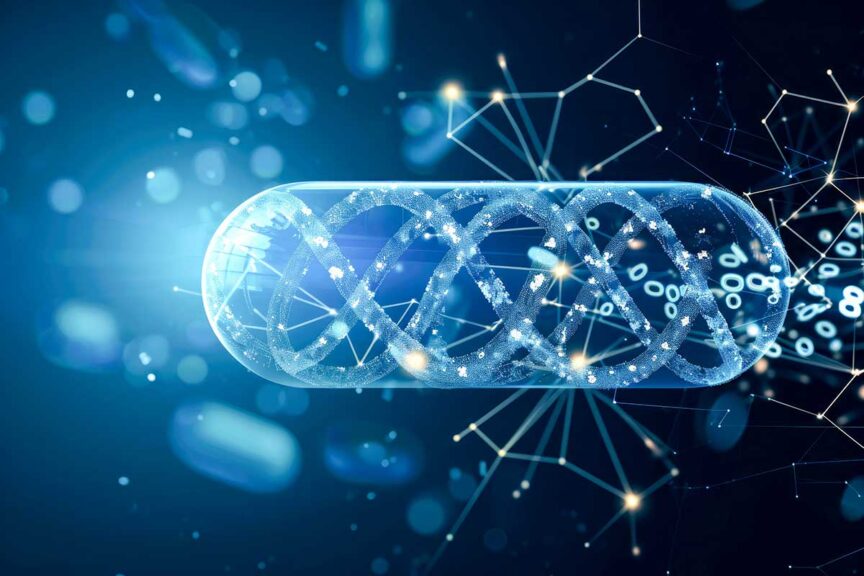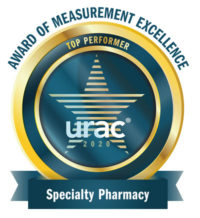
The journey of getting a new drug from the lab to your local pharmacy is no walk in the park. It’s a marathon that takes over a decade and costs around $2.3 billion. But thanks to the latest advancements in artificial intelligence (AI), this lengthy and expensive process is about to get a major upgrade. Forget the social media myths – AI is set to change the game for drug development, potentially saving countless lives along the way.
AI’s ability to analyze and predict the behavior of small molecules efficiently marks a significant leap in drug discovery. Machine learning models can quickly analyze and predict how small molecules will behave, doing in days what used to take months. By crunching massive amounts of data on protein structures and amino acid sequences, AI helps scientists find promising drug candidates much faster than traditional methods. Instead of wading through a chemical universe with over 10^60 possible molecules, AI can zero in on the best candidates quickly, saving time and money while opening the door to more experimental therapies.
The road from discovery to market approval involves rigorous screening – a process that’s both costly and time-consuming. Big names like Bayer, Roche, and Pfizer are collaborating with tech firms to develop AI platforms that make drug screening more efficient. These platforms use machine learning to predict crucial properties for drug efficacy, like solubility and permeability. By improving the efficiency of the screening process, AI boosts the chances of success in later trial phases, helping to bring effective drugs to market faster.
Ensuring that a compound is safe for human use is a critical and costly stage in drug development. AI tools like LimTox and Toxtree play a vital role in predicting potential toxicity early in the process. These tools analyze compound properties and predict potential side effects and contraindications early on, reducing the need for animal testing and making clinical trials safer.
One of the biggest challenges in drug design is accurately targeting the right protein in a disease. AI tools such as AlphaFold and MATLAB help scientists predict the 3D structures of target proteins, leading to more precise and effective drug formulations. By understanding drug-protein interactions better, AI widens the possibilities for successful treatments, making drug design more accurate and promising.
AI’s impact extends beyond just drug development to improving delivery of these medications. Local infusion centers and other acute care providers face significant challenges like staffing shortages and operational inefficiencies. AI-powered solutions can reduce patient wait times, decrease staff overtime, and increase patient volumes. By optimizing operational efficiency and enhancing patient experiences, AI ensures smoother care transitions and dynamic resource allocation, ultimately improving patient outcomes and healthcare system responsiveness.
AI is revolutionizing the biopharmaceutical world, making every step from drug discovery to delivery more efficient and effective. It’s not just about speeding up the process and cutting costs – it’s about saving lives and meeting the growing demands of global healthcare. As AI continues to evolve, its role in transforming drug development and healthcare delivery will only become more vital, ushering in a new era of medicine where time isn’t just money, but lives saved.















